The huge challenges Microsoft faces with 'XCloud' Xbox game streaming
Microsoft's "XCloud" game streaming service has been in development for years, but Redmond still faces an uphill battle to turn it into a compelling product.
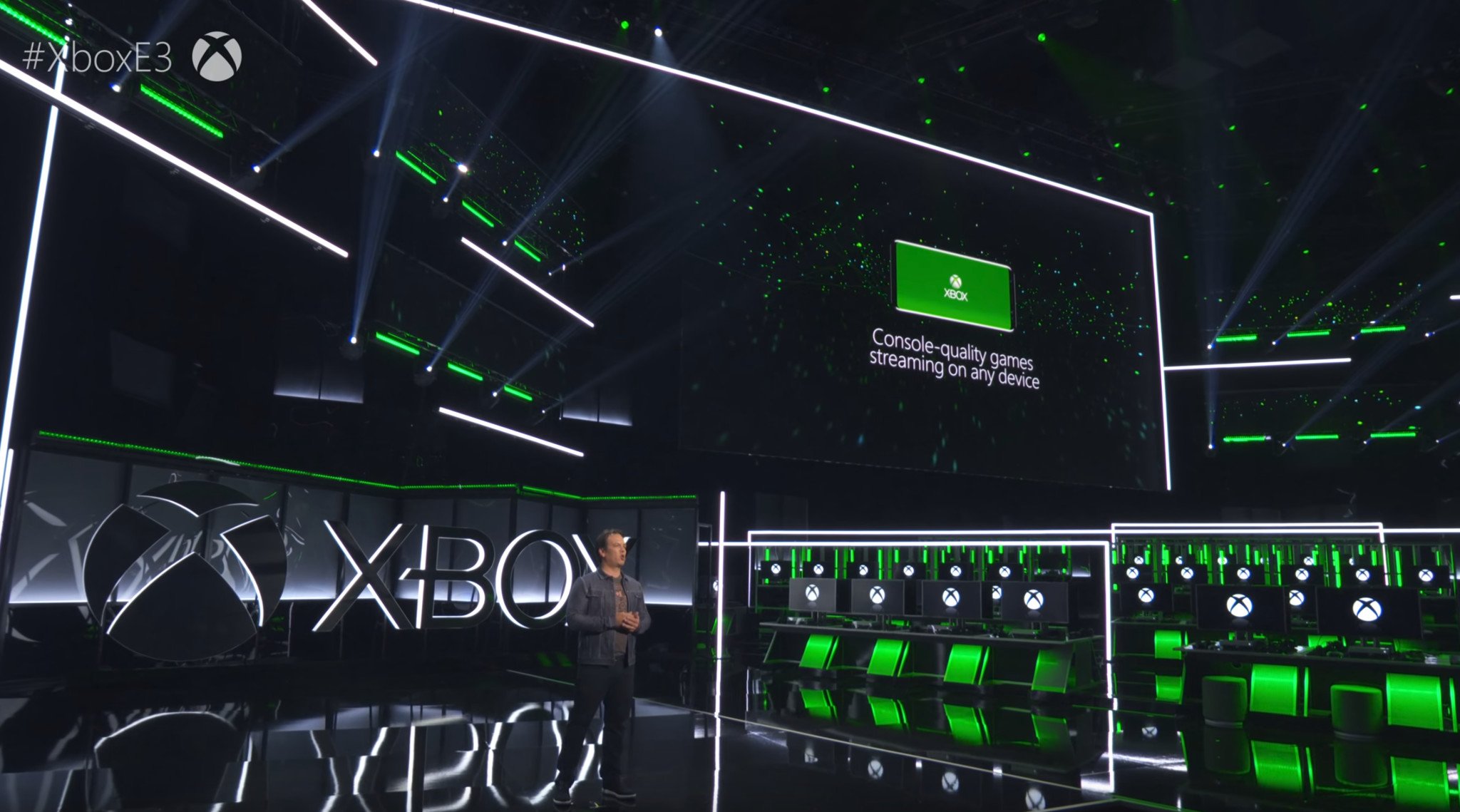
At E3 2018, Microsoft gaming lead Phil Spencer talked about bringing "console quality" Xbox game streaming to your devices, flanked by a large picture of a smartphone. Microsoft's current aims revolve around expanding the company's gaming reach beyond the Xbox console market, which seems to have effectively plateaued in recent years.
With game streaming, rumoured to be code named "XCloud," Microsoft aims to deliver your games to any device, streaming from the internet. Games will offload expensive processing routines to external servers, sending the visual results to your devices, whether it's via a streaming stick connected to a TV, or the low-powered smartphone in your pocket.
Microsoft has been working on these systems for years, all the way back in the Xbox 360 era, where they reportedly demonstrated Halo 4 streaming to a Lumia handset, via the cloud. Several years later, though, Microsoft faces the same issues turning these promising features into a tangible product that it faced many years ago. I have no idea if Microsoft will succeed with XCloud, but they're far better placed than some of the other companies out there attempting similar things.
Here are some of the challenges Microsoft needs to overcome with its game streaming service.
Everything we know about 'XCloud,' Microsoft's game streaming service
Global internet infrastructure and latency
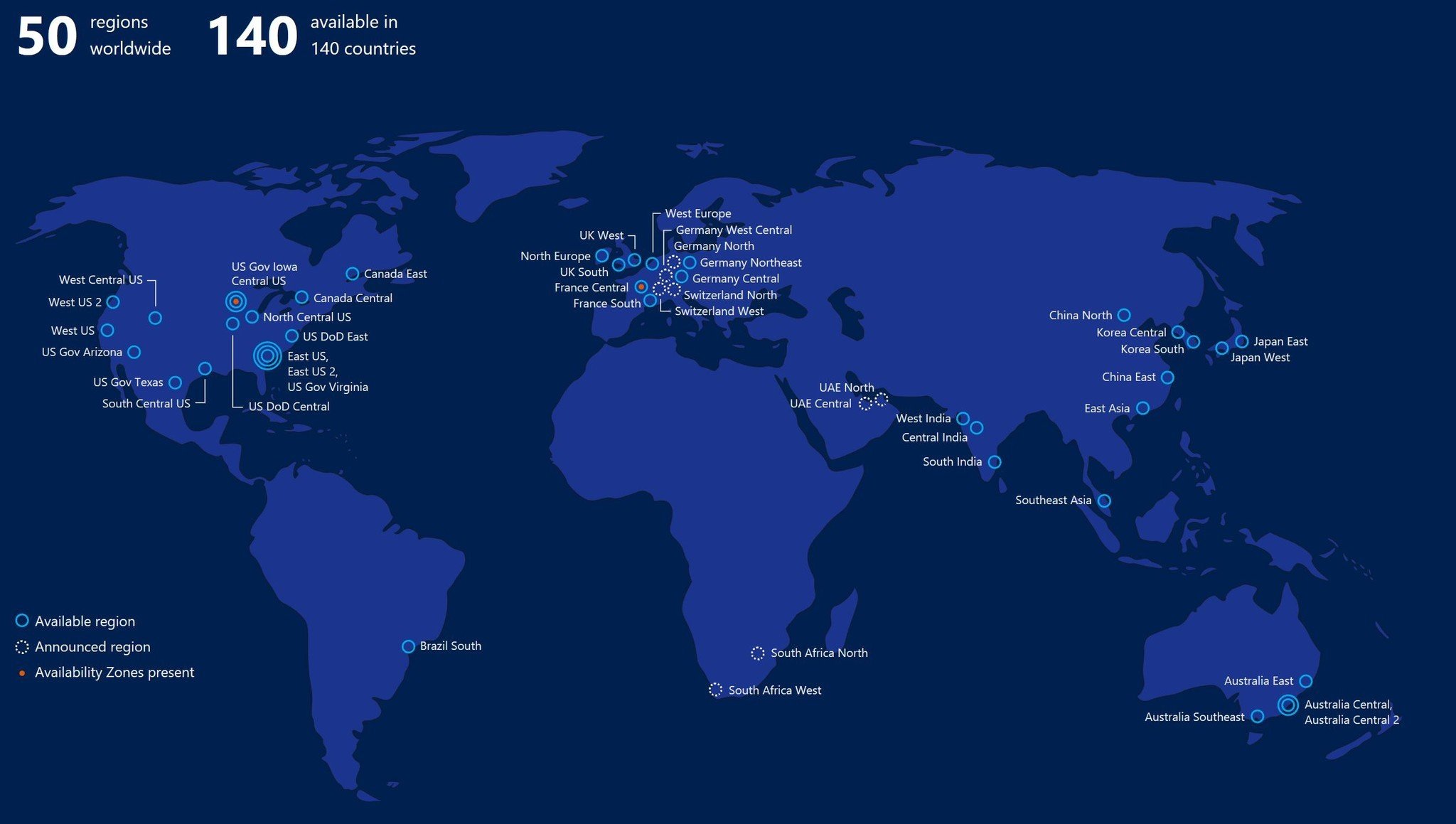
Global internet speeds are gradually creeping up, but not as fast as many of us probably expected back then. Weak competition in the US, coupled with the (very probable) death of net neutrality has seen internet speeds in Xbox's primary market remain pretty tepid, with the world's largest economy languishing around the 20th spot on global internet speed averages by country at around 20 MB/s. The UK struggles even more, on around 14 MB/s averages, with a broadband network held back by ancient telephony infrastructure.
In other large markets, particularly developing ones like China and India, internet speeds are far worse, at around 2 to 8 MB/s, depending on the study. So you really have to wonder just how far Microsoft can reach with this type of streaming service.
Get the Windows Central Newsletter
All the latest news, reviews, and guides for Windows and Xbox diehards.
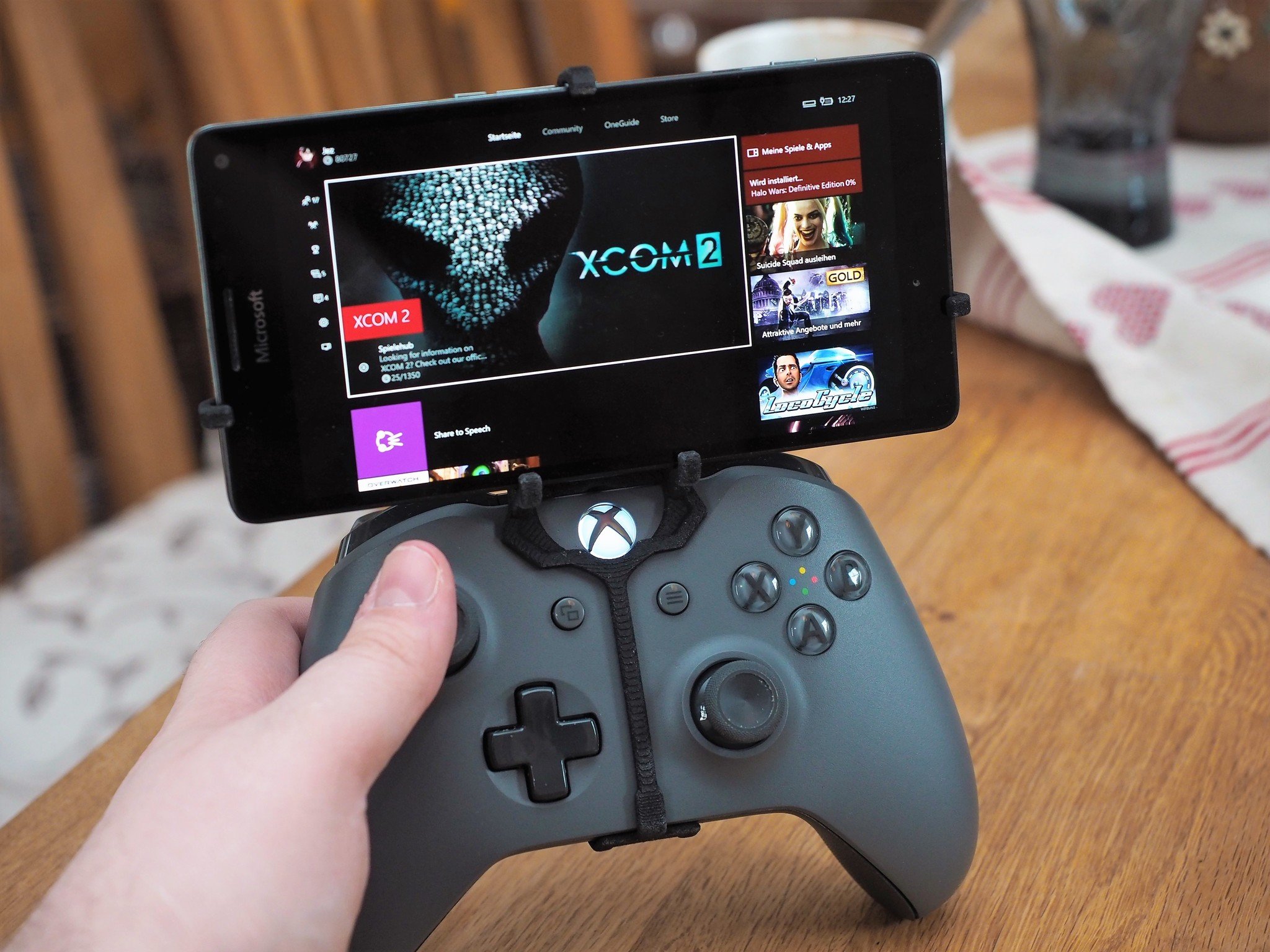
Video streaming services like Netflix do not have the same issues as Xbox cloud streaming will have, since not only are you downloading visual data from the internet, but you're uploading your inputs and controls back up to Microsoft's servers. This creates uncanny latency issues, and while this wouldn't really impact turn-based games like XCOM 2, you can pretty much forget playing Fortnite or Halo this way. Unless, of course, Microsoft has some tricks up its sleeve.
It does seem that Microsoft is working on a half-way solution to solve the problems associated with game streaming latency. Some latency-sensitive aspects of your game will be handled by the local hardware, such as collision and movement, while non-gameplay essential visual data will stream via the internet. Redmond has also been extremely aggressive setting up data centers all over the world to reduce the lag between client and server resulting from distance, too.
Ultimately, we simply don't know how much bandwidth will be required to make this "console-quality" game streaming work, but if Microsoft can pull it off, they will have achieved something that other nascent game streaming services simply couldn't.
See the spread of Microsoft's Azure platform
Relying on third-party ecosystems
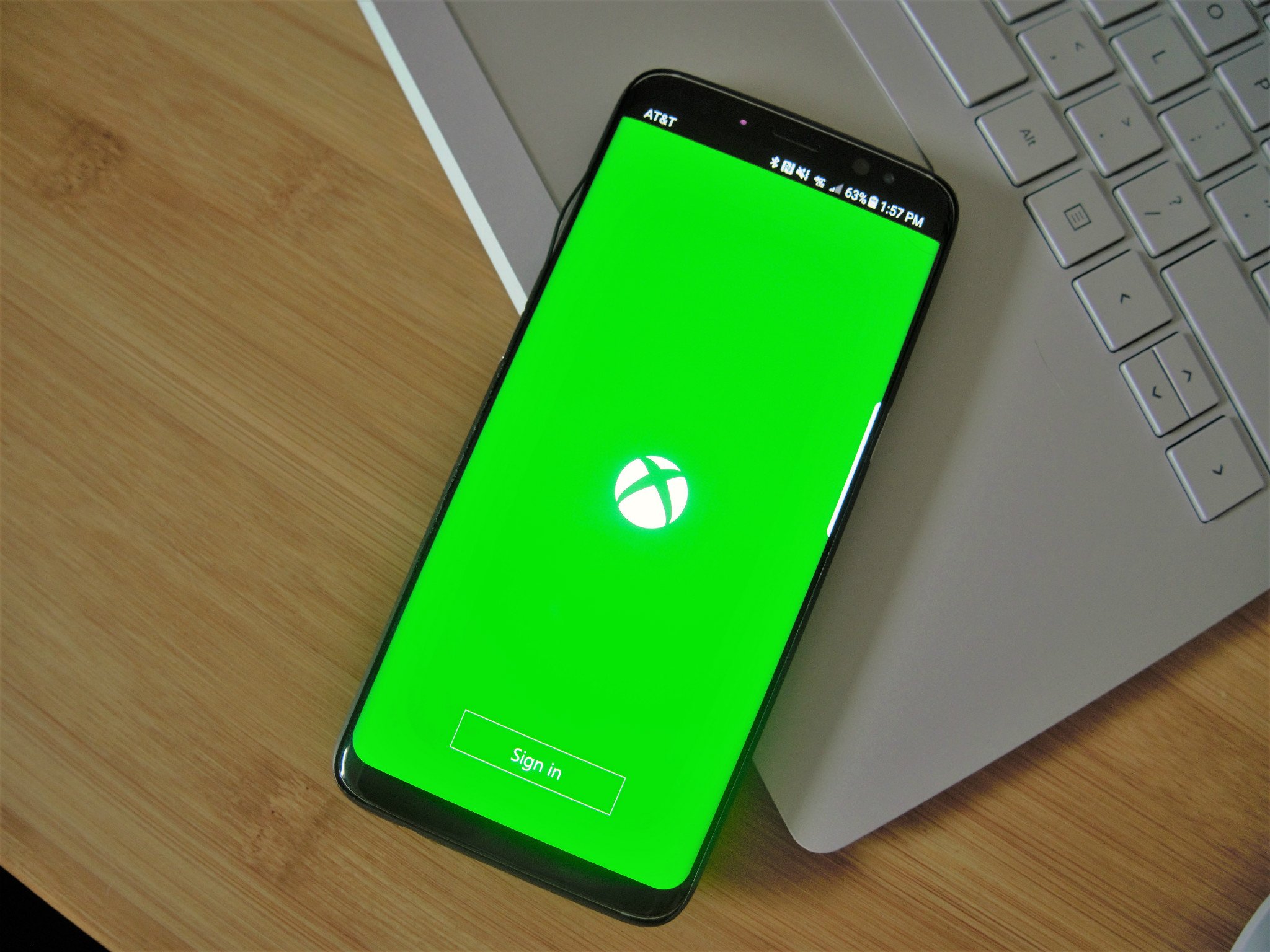
Another hurdle Microsoft will have to overcome is the reliance on third-party ecosystems. With the death of Microsoft's phone arm, Microsoft will have to depend on Google's Android and Apple's iOS to reach gamers on mobile platforms. It might have to even cross the bridge with Amazon too if it fancies getting Xbox game streaming on Amazon Fire TV boxes and dongles, and other TV manufacturers too.
While many of these won't be a problem for Redmond, Google has shown itself to be behave anti-competitively towards Microsoft. Google artificially hinders YouTube performance on competing browsers like Microsoft Edge and Firefox, and has famously declined to make a first-party YouTube app all together for Windows platforms.
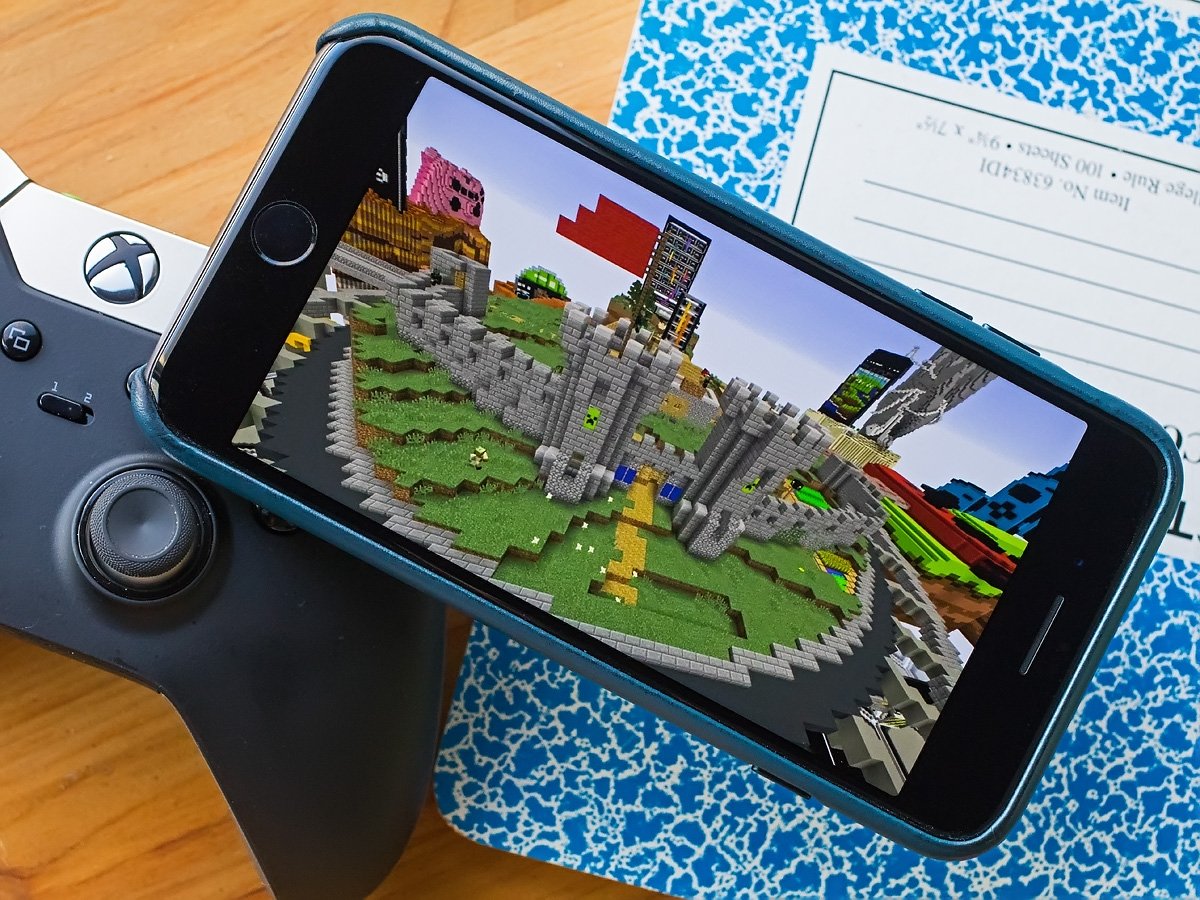
Xbox might have a YouTube TV app right now, but I'd wager that's simply a case of Google not having a huge presence on TV right now, that could change in the future, given how Google is aggressively seeking to get into the core gaming market. Thankfully, Android's near-monopolistic position and the platform's option nature should prevent Google from blocking any competing cloud streaming service on its Google Play app store. Google was recently slapped with a record-breaking fine in Europe for its practices on Android, and if Google failed to provide a decent reason to block Xbox cloud streaming on its mobile platforms, regulators might step in once again.
Apple's iOS is a different proposition. iOS is extremely popular and profitable for Apple, but it doesn't have a regulator-angering market share like Android does across the world. Apple has been known to block competing services from its App Store, notoriously removing Steam Link, which allows you to access your Steam games over a home network. Microsoft however has a good working relationship with Apple these days, with both companies supporting each other's platforms in different ways. Microsoft shouldn't have any issues getting Xbox game streaming onto your iPad and iPhone, given the good relations it has with the company.
There are, however, other technical hurdles associated with game streaming that could hinder the potential "XCloud" could have.
Touch inputs suck
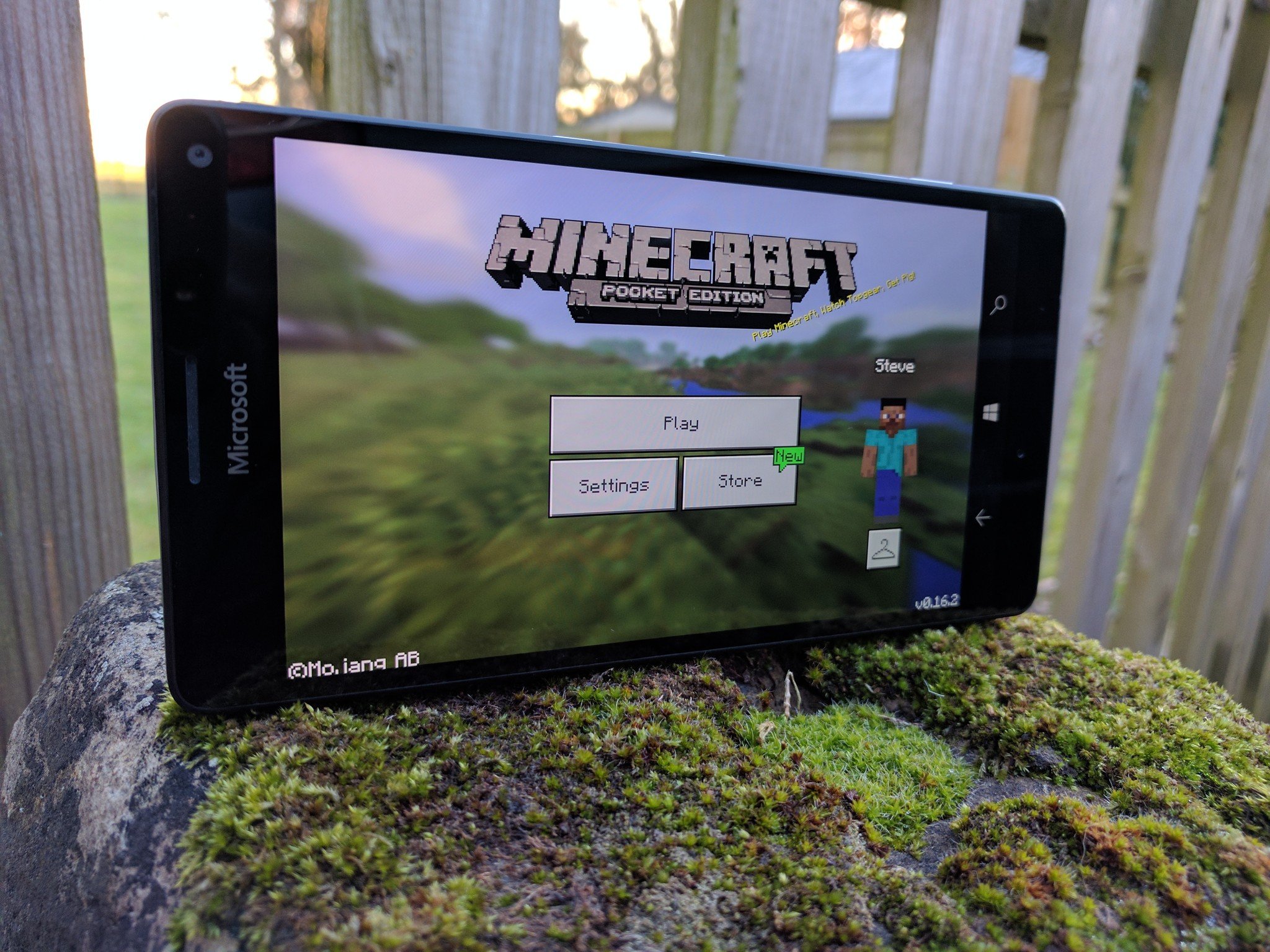
Any core gamer who has ever tried to game on a phone knows full well that touch controls are frustrating as hell. It doesn't matter the game, it doesn't matter if they have unique controls or features to make things easier. A controller is ALWAYS better, especially for Xbox games that are designed from the ground up with shoulder buttons, triggers, and other complex commands in mind.
That said, millions of people don't seem to care, and those users who are happy to struggle swiping around on Minecraft Pocket Edition, or getting destroyed in Fortnite for iPhone, are the gamers Microsoft is primarily targeting with this platform. That said, I for one am hoping Microsoft figures out some ways to make game streaming functional on smartphones for those of us who simply can't stand playing real-time games with inaccurate on-screen controls.
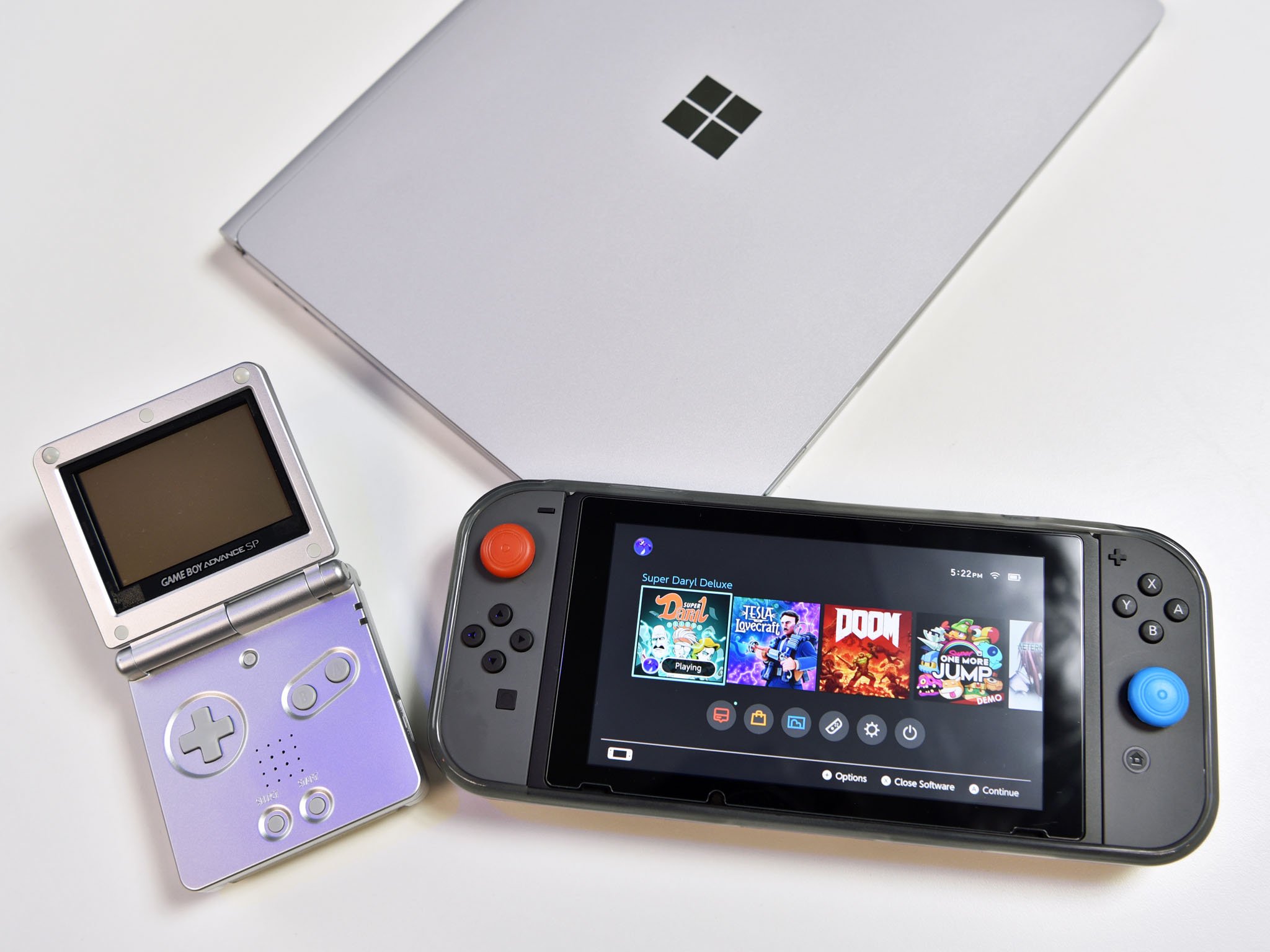
Consoles like the Nintendo Switch have solved the portable games riddle, placing real joysticks and tactile buttons either around or under the display. There's no reason Microsoft, with its leading industrial design teams, couldn't achieve something similar. The Surface Go at 10 inches seems to be the ideal candidate for some kind of Nintendo Switch-like dock, with controls either side of the display. A company called Linx attempted something similar with its Vision 8 tablet back in the Windows 8.1 days. I've also heard some rumors that third-party Xbox accessory makers might already be exploring some options with this sort of solution in mind.
Can they do it?
Microsoft is better placed than most companies to pull this off. The company has incredible hardware design teams, industry-leading cloud infrastructure, and a huge amount of research and development under its belt when it comes to delivering cloud-assisted services.
For Microsoft to achieve the "next level" with its Xbox platform, they really need to be able to reach gamers where they are, rather than where they wish they were. Microsoft isn't going to abandon the concept of local hardware in the short term, or honestly, even in the long term. If Microsoft can nail "XCloud," though, it'll potentially have access to hundreds of millions of new gamers it otherwise would never have, both via mobile devices, or far cheaper digital-only hardware that significant lower the cost of entry.
There are exciting times ahead either way, but I for one am pretty confident in Microsoft to succeed here.

Jez Corden is the Executive Editor at Windows Central, focusing primarily on all things Xbox and gaming. Jez is known for breaking exclusive news and analysis as relates to the Microsoft ecosystem while being powered by tea. Follow on Twitter (X) and Threads, and listen to his XB2 Podcast, all about, you guessed it, Xbox!
